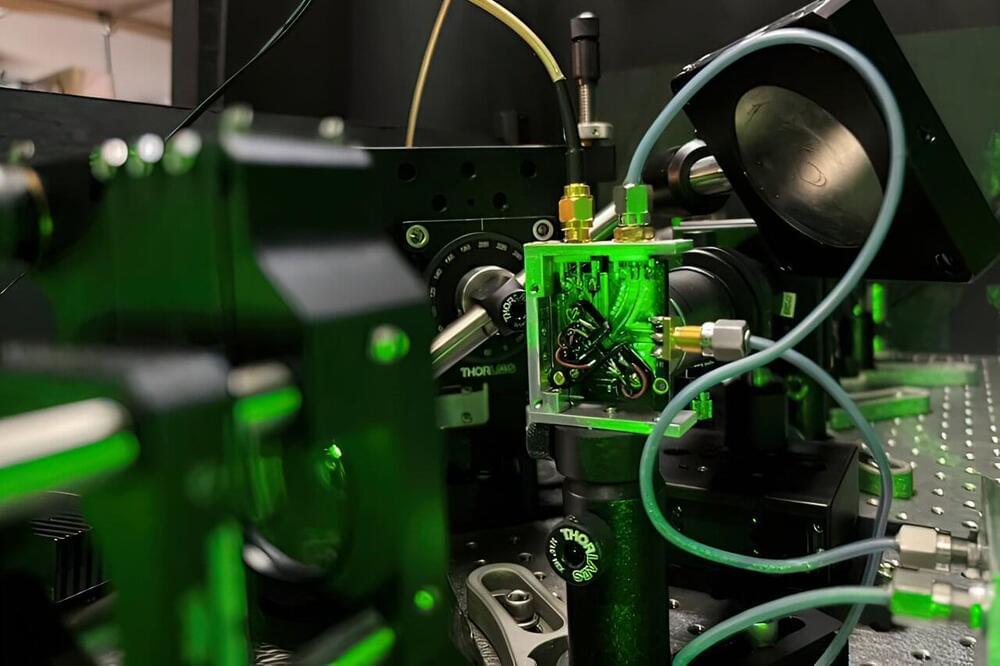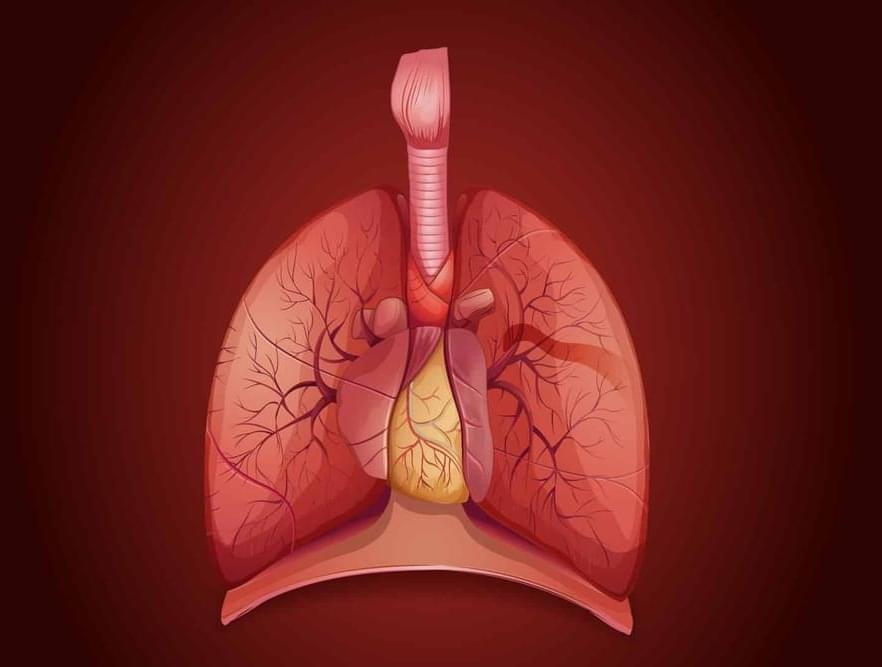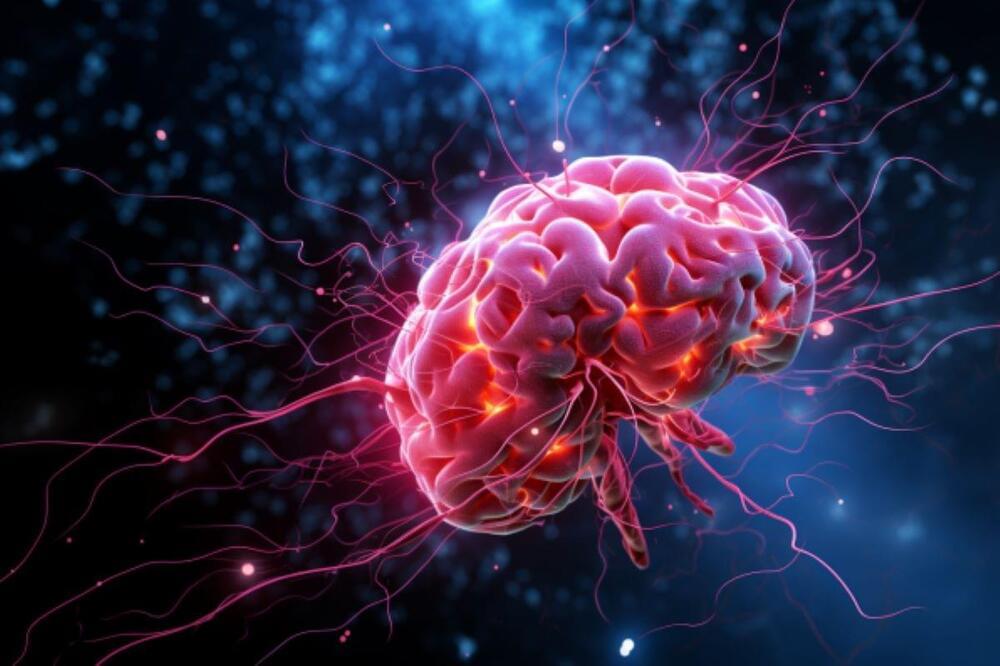The team plans to build battery-free underwater networks.
Deep Sea exploration is about to get more accessible. Researchers at the Massachusetts Institute of Technology (MIT) have developed and demonstrated a technology that can transmit underwater signals spanning kilometers with a relatively low reader transmit power.
The researchers are calling their tech Van Atta Acoustic Backscatter (VAB), which can be used to map the pulse of the ocean. A submerged network of underwater sensors can continuously measure ocean vital signs like the temperature, pressure, and dissolved carbon dioxide to create more accurate climate change models and monitor the efficacy of carbon capture technologies, explained the researchers in their study.









